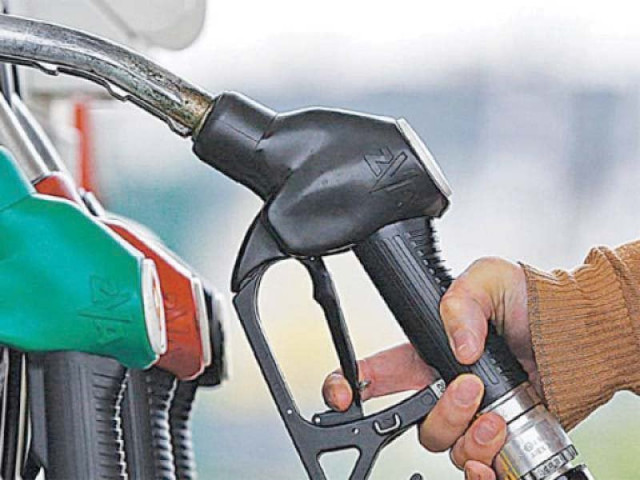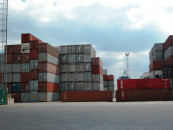Petrol consumption: Honda Pakistan seeks Japan experts’ help to curb use of chemicals
Asks them to suggest safe limits for metal content in motor gasoline

Domestic refineries could not be upgraded in a short span of time … it could only be done in phases over a period of four to five years with an investment of $2.5 billion. PHOTO: FILE
Honda approached the experts after a committee, constituted to curb the mixing of chemicals in domestically produced and imported petrol, sought recommendations of the carmaker, said a senior government official while talking to The Express Tribune. The carmaker has asked the experts to suggest safe operating limits of metal content - manganese - in motor gasoline.
However, oil industry players argued that some vested interests were behind the hype surrounding the use of octane boosters in motor gasoline. They were of the view that the Petroleum Division was being pressurised to take action which would badly hurt the national economy.
Automakers around the world introduce new engine technologies based on available fuels and their specifications in the relevant country. Except for Honda, no other automaker has complained against the gasoline quality in Pakistan, the industry officials said.
According to them, Honda introduced its Euro-IV Turbo model without ascertaining suitability of the locally available gasoline which has Euro-II specifications. They emphasised that methylcyclopentadienyl manganese tricarbonyl (MMT) was being used across the world in countries that had octane deficiency. However, it is not used in countries that have modern refineries and higher octane levels.
In November 2016, Pakistan decided to upgrade the quality of motor gasoline by introducing three grades namely Research Octane Number (RON) 92, 95 and 97 by replacing RON 87. Local refineries were also asked to produce RON 90 gasoline.
Petroleum Division Director General Jibar Memon confirmed that no other automaker had complained about the use of chemicals to boost the octane quality of petrol.
Many car models of different companies including imported cars were consuming that fuel, but they did not make any complaint, he said, adding it appeared to be a technical fault in the Honda variant. Industry sources argued that domestic refineries could not be upgraded in a short span of time, adding it could only be done in phases over a period of four to five years with an investment of $2.5 billion.
Restrictions on the use of octane booster would bring down gasoline production by more than 30% in the country, they said while pointing out that the shortfall would have to be met through imports that would cost more than $100 million per month.
According to them, the quantity of manganese-based octane booster used in Pakistan does not pose any health risk. Of the consumption of 500 tons per year, manganese is approximately 120 tons constituting 24.4% of the total. Of this, only 25-30%, or less than 40 tons, is released from the tailpipe.
Gasoline consumption in Pakistan is only six million tons compared to 340 million tons in the US and 30 million tons in India.
Published in The Express Tribune, March 21st, 2018.
Like Business on Facebook, follow @TribuneBiz on Twitter to stay informed and join in the conversation.


















COMMENTS
Comments are moderated and generally will be posted if they are on-topic and not abusive.
For more information, please see our Comments FAQ